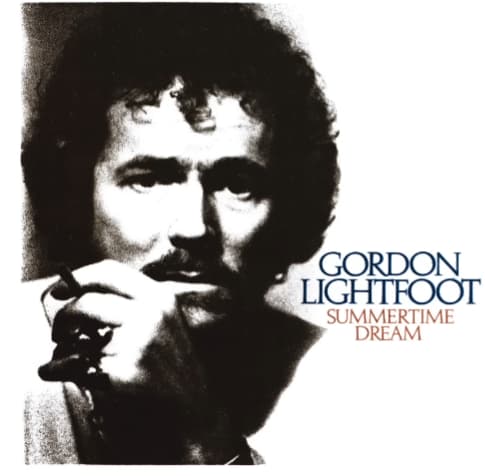
November 1976. In a windless Toronto studio, Gordon Lightfoot walked in with a twelve-string guitar and a story he carried like a scar. The lights were dim, the smell of coffee tangled with cigarette smoke, and a heavy stillness settled over the room. Then Lightfoot began to play. One take. Six minutes. A ballad for the 29 sailors who would forever lie beneath Lake Superior: “The Wreck of the Edmund Fitzgerald.”
The label asked him to shorten it. “Too long for radio.”
Lightfoot just shook his head. “Not a word.”
It wasn’t stubbornness. It was a credo. He didn’t chase hits — he pursued truth.
His songs — If You Could Read My Mind, Sundown, Carefree Highway — may sound like gentle breezes, until you try writing one and discover every line is carved with the precision of a craftsman. Lightfoot didn’t write music; he engraved it.
He grew up in Orillia, Ontario — a shy boy singing in a church choir, his voice rising under the vaulted ceiling like light through stained glass. When the world called, he left the small town with a guitar and a hunger no peaceful place could tame. He sang anywhere that would have him — cafés, train stations, cold and smoky bars — turning frozen nights into the warmth of song.
In the 1960s, while others chose anger, psychedelia, or revolution, Lightfoot stayed on his path: ballads about rain, about distance, about the quiet, aching sorrow of ordinary life. Bob Dylan once said Lightfoot was one of his favorite songwriters. Johnny Cash and Elvis Presley recorded his songs.
But Lightfoot stayed in Canada. “The stories are all here,” he said. “And I’ve still got a few left to tell.”
Then came the darkness.
Alcohol nearly pulled him under. Nights he couldn’t remember, stages he couldn’t finish. Once he collapsed mid-song, the guitar still ringing while the audience fell silent. The storyteller of Canada seemed to be sinking beneath his own storm.
But he rose — slowly, painfully, stubbornly.
In 2002, an aortic aneurysm left him in a coma; newspapers prepared his obituary. Friends said their goodbyes.
But death had the wrong man that day: Gordon Lightfoot woke up. Thinner, weaker — but alive.
When he returned to the stage, his voice cracked, his steps were slow. The audience stood, not for a star, but for someone who had walked back from the edge of another world. He began to sing — soft as breath — and little by little, he found his rhythm again. The denim-clad poet had come home.
For six decades, he never stopped touring. No dancers, no fireworks. Just a wooden chair, a warm light, and a man telling stories with six strings. He didn’t sing for fame. He sang to hold time still.
He sang for fishermen lost in storms, for love that didn’t stay, for long highways and short goodbyes.
He sang for anyone who has ever looked out a window and felt distance settle like a weight in the chest.
When he passed in 2023, the world didn’t lose a pop star.
It lost a keeper of memories — someone who gave ordinary moments a quiet, sacred dignity.
Lightfoot made the wind feel human.
He made silence holy.
And even though his voice has stilled, its echo remains — in the hum of an engine, in the sway of a boat on a gray lake, in the endurance of those who refuse to give up.
He once said, “The stories are always around us — you just need to listen.”
Gordon Lightfoot listened.
And he turned what he heard into something eternal.